The challenge
Fashion is a fundamental part of our lives – culturally, economically, emotionally and even politically – and sets us apart as a species. At the same time, the fashion industry contributes, and is vulnerable to the threats of climate change, resource shortages and other factors that will shape the world of 2030 and the future of the fashion industry.
The next decade is likely to be one of the most game-changing in human history. As we approach the deadline for action on climate catastrophe, business as usual is no longer an option; we need nothing short of transformational change. And yet, many business leaders are overwhelmed by this uncertainty, and by the expectations to take action.
Our solution
In partnership with Centre for Sustainable Fashion at London College of Fashion, UAL and with support from Laudes Foundation (formerly C&A Foundation), we have created Fashion Futures 2030; an open source interactive learning toolkit to guide and inspire the fashion industry in its critical sustainability journey and help companies and educators navigate an uncertain future.
Fashion Futures 2030 explores what fashion and nature might look like within four possible scenarios. The scenarios explore current trends – from climate change to nationalism and AI – and enable industry professionals, fashion educators, and students to explore how radically different the future can be. The toolkit contains a wide range of practical resources to help them develop future-fit products and innovations, as well as business and communications strategies.
The scenarios assess every aspect of the industry, from production of raw materials, through manufacturing and retail, to use and end of life. This toolkit aims to help identify risks and opportunities, stimulate new ideas, test business strategies for long-term resilience, and plan for success. They are not meant to be predictions of favoured visions, but rather serve as practical tools to help navigate an uncertain future.
Get in touch
Planning on running a workshop using the Fashion Futures 2030 resources at your company or college? Then please get in touch as we would love to help you out. Similarly, if you would like us to speak at an event or just want to know more about the project please don’t hesitate to get in contact.
Who’s involved
“Fashion Futures 2030 asks us to question our addiction to the current fashion system – to see beyond the adrenalin rush and fleeting satisfaction that we are sold – to consider what we really want, whether that’s through a career in fashion, through education or our personal style choices. This toolkit examines where our current fashion practice might be taking us – and at the same time, enables us to consider the ways in which we might seek to change or support a particular direction. It’s a chance to be future makers, mavericks and pragmatists – and critically, to find ways to create a future where we can all thrive together.” Professor Dilys Williams, Director of Centre for Sustainable Fashion (CSF) at London College of Fashion, UAL
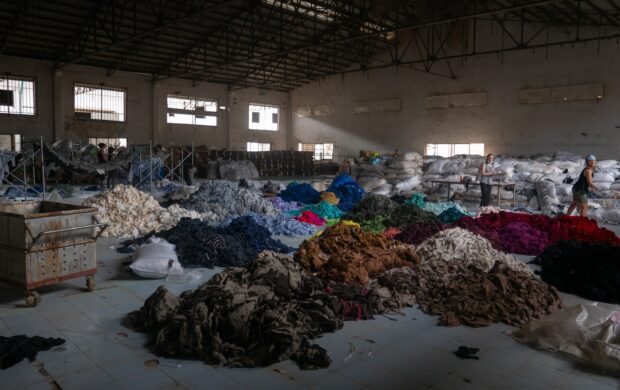
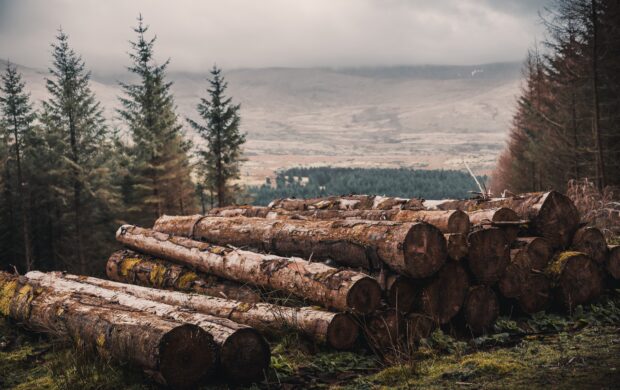
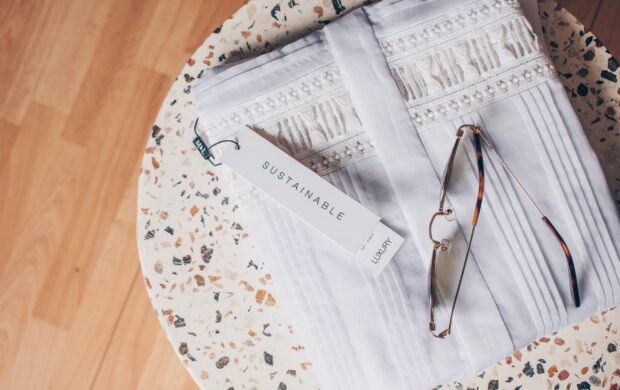
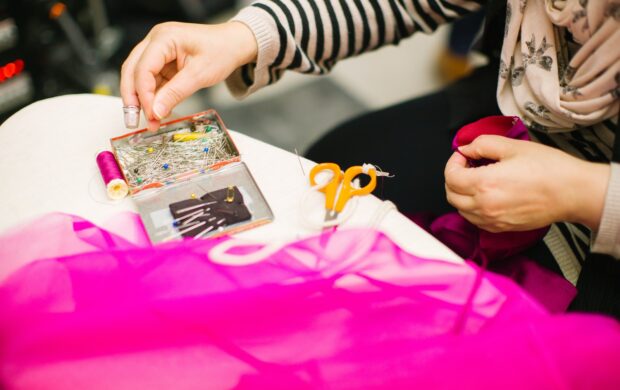
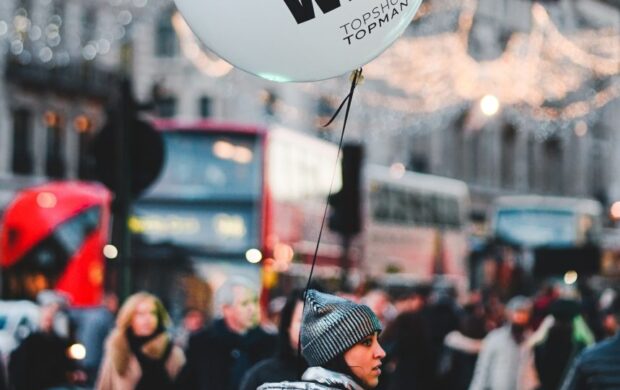
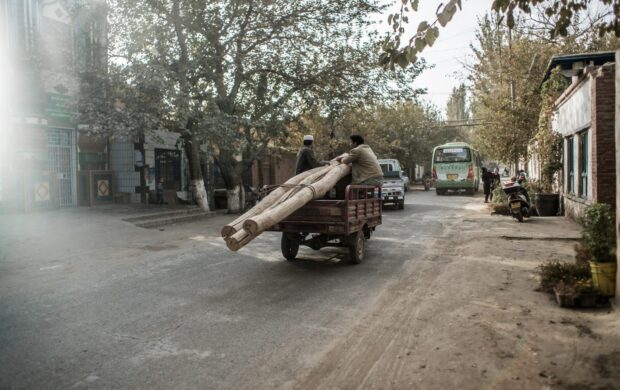


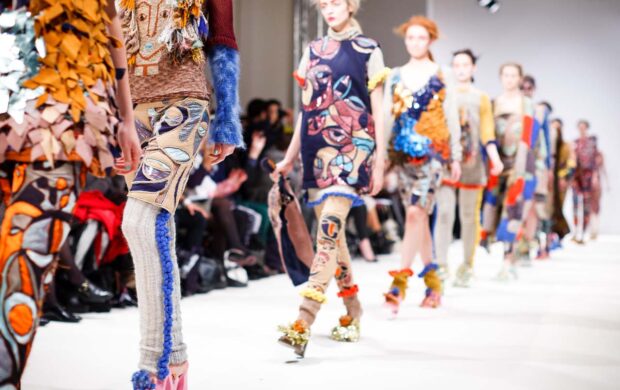
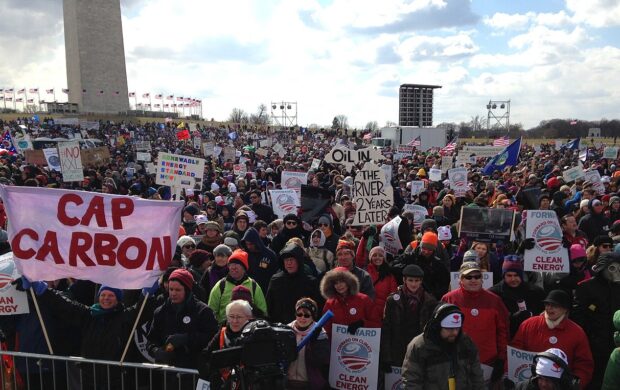
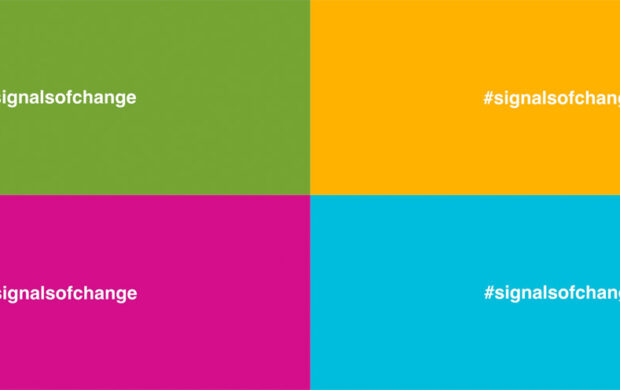

Join discussion